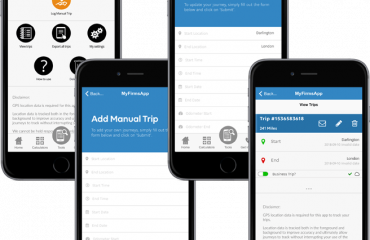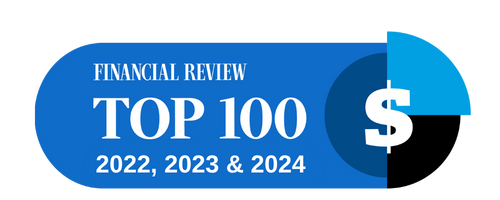You may have seen headlines about the Albanese Government’s recently legislated 20% reduction in student debt – welcome news to many doctors and medical professionals still carrying HECS-HELP balances. So, when will it be applied and how does it affect your financial plans today?
Let’s break it down.
Has the 20% reduction happened yet?
Yes — the legislation has now passed Parliament. The 20% reduction is law, and will be automatically applied to all outstanding HELP debts by the Australian Taxation Office (ATO). The reduction is backdated to 1 June 2025, and most people will see the change reflected in their ATO account by late 2025.
Like many changes to government policy, this measure needed to pass through legislation before it could be implemented and that has now happened. The next step is system-implementation by the ATO, which will automatically apply the reduction — you don’t need to do anything.
What about HECS-HELP indexation this year?
As of 1 June 2025, student debts rose by 3.2% due to annual indexation. However, under the now-passed legislation, the 20% reduction is backdated to 1 June 2025 (before indexation). The ATO will then recalculate the indexation based on the lower debt amount.
Why is this process so drawn out?
This process is similar to the 2024 indexation reform, when the government changed the system to use the lower of CPI or Wage Price Index (WPI). That change also took several months to process after passing Parliament. Similarly, once the 20% reduction is applied, affected borrowers will likely receive an ATO or government notification confirming their new balance.
What does this mean in real terms?
For example, someone with a $70,000 HECS-HELP debt as at 1 June 2025 and an Adjusted Taxable Income (ATI) of $125,000 for the 2024/25 financial year would have seen a 3.2% indexation increase. After the reduction, their balance will drop by 20% (to $56,000) before indexation is recalculated — saving around $14,000 immediately.

What if you lodge your tax return before the reduction appears?
You should lodge your 2024/25 tax return as normal. The ATO has confirmed that there’s no need to delay — your repayment amount will be adjusted automatically once the reduction is applied.
If you’ve already paid off your HECS-HELP debt in full after 1 June 2025 and before the reduction appears, the government has confirmed that you’ll receive a refund for any overpayment.
How does this affect borrowing capacity?
For those nearing the end of their HECS-HELP debt, it’s important to consider the impact on your financial profile. Clearing the debt entirely may improve your borrowing capacity, as lenders typically view lower ongoing obligations as positive when assessing loan applications.
Typically for an individual who no longer has HECS-HELP earning $160,000 is able to borrow $100,000 – $200,000 more depending on their circumstances.
So, what should you do?
If your HECS-HELP loan is nearing completion, or you’re considering paying it out, we strongly recommend speaking with your financial adviser at Walshs first.
With the 20% reduction now legislated and the indexation change already in effect, it may not be in your best interest to pay out your loan early as your balance will automatically reduce. Your adviser can help assess the best strategy for your overall financial goals.
Need clarity on your HECS-HELP situation?
We’re here to help you make informed financial decisions— especially now that the HECS-HELP reforms are in motion. If you’re unsure how the 20% reduction or new repayment settings affect your situation, reach out to your adviser HERE for tailored advice.
Contact us today to ensure you’re making the smartest financial moves as these changes take effect.
📞 07 3221 5677
🌐 www.walshs.com.au/book-a-meeting
✉️ enquiries@walshs.com.au











